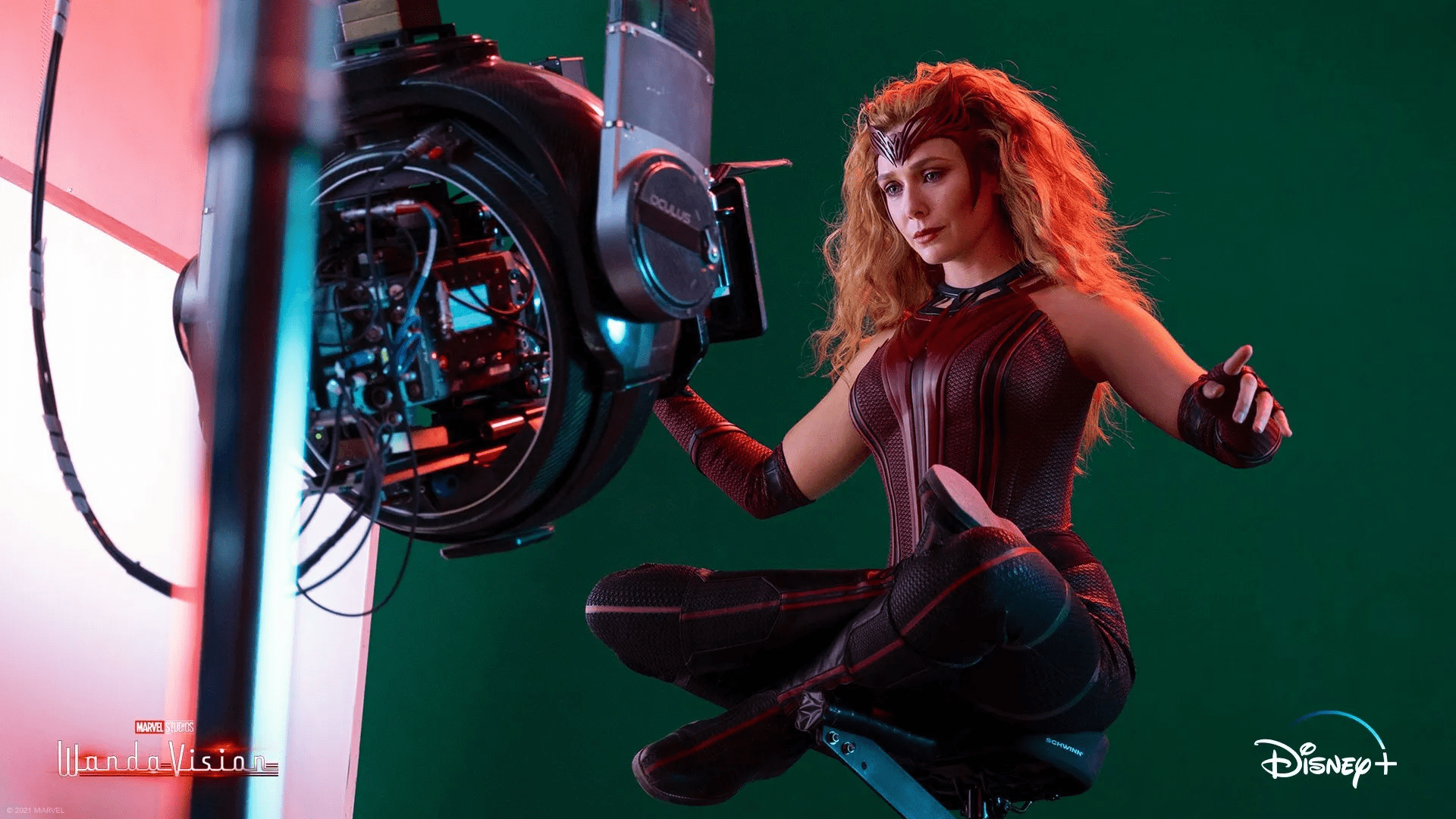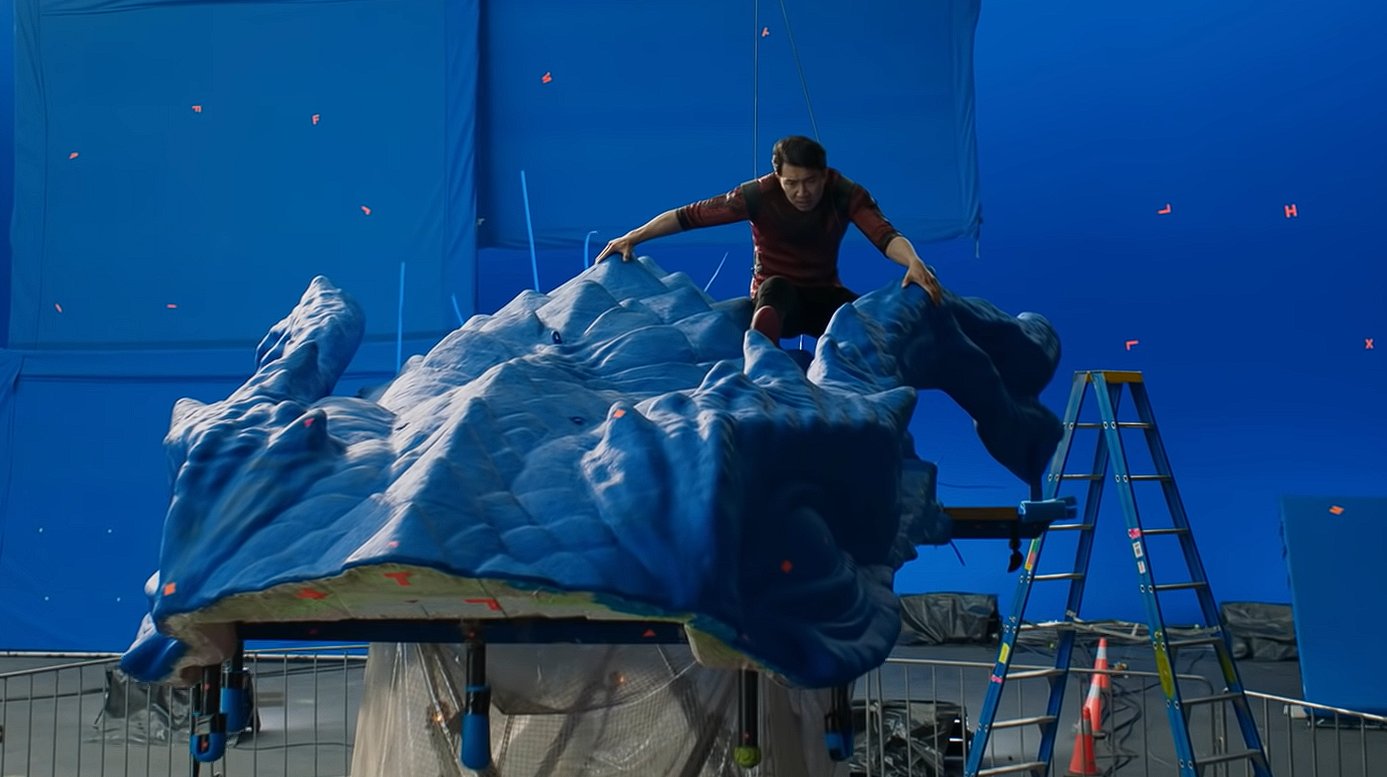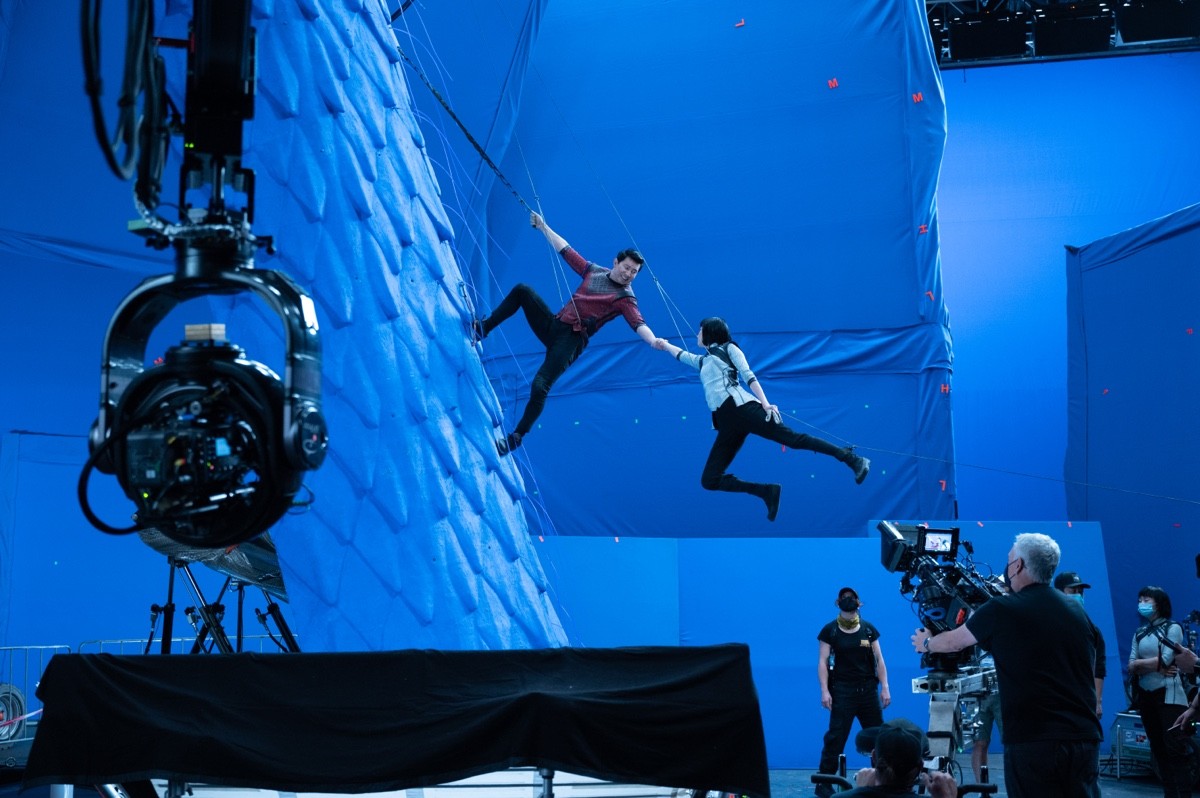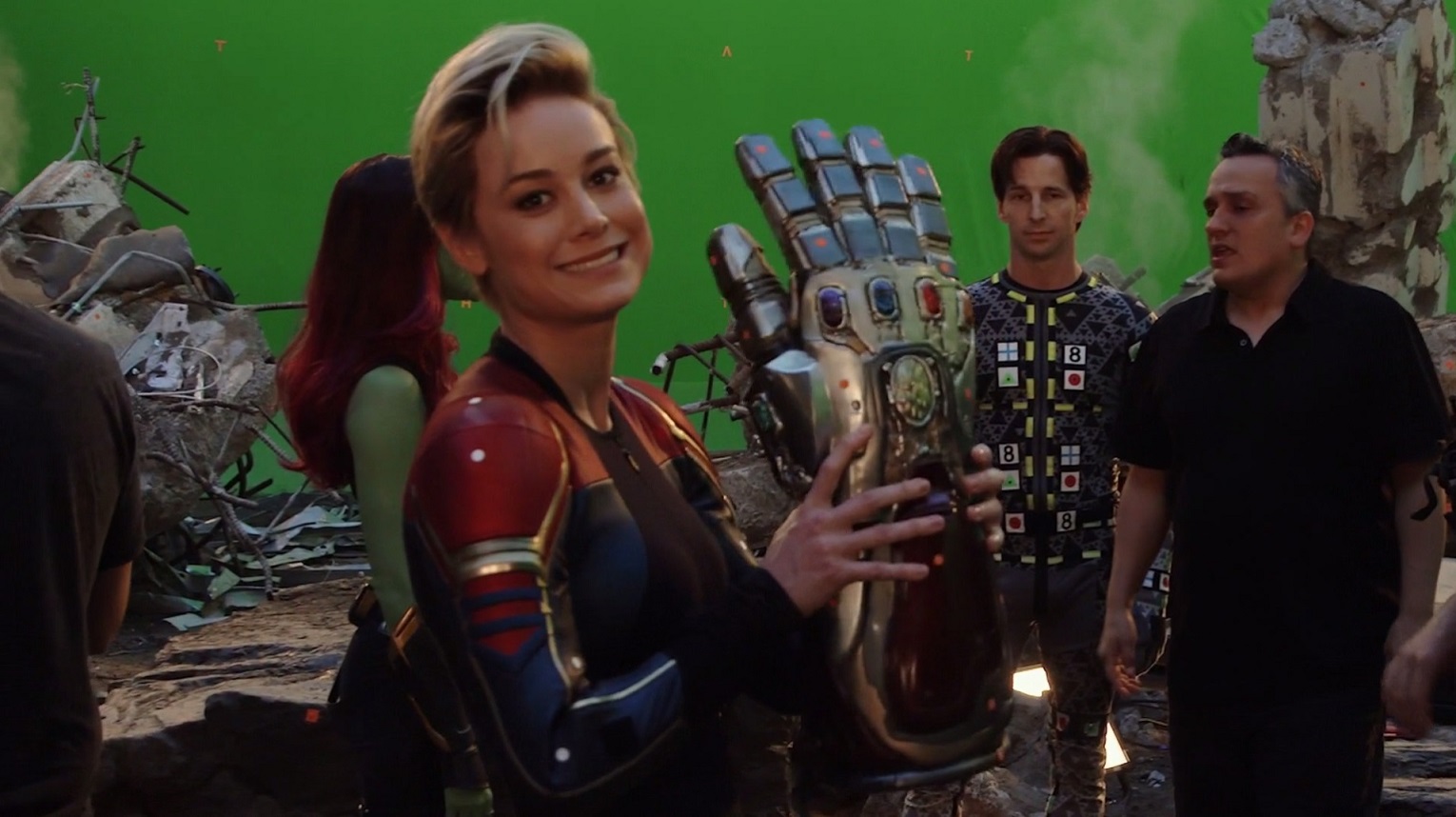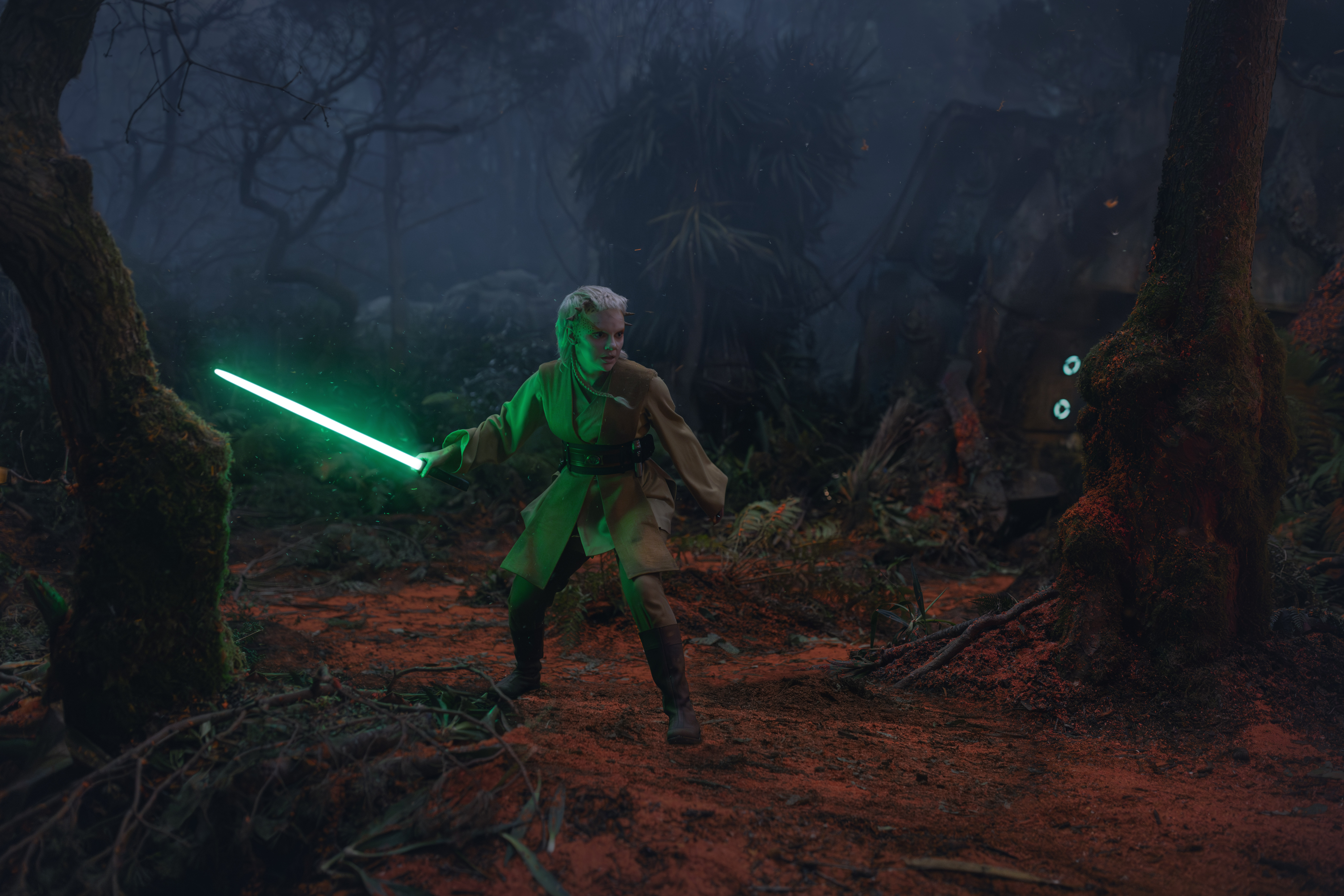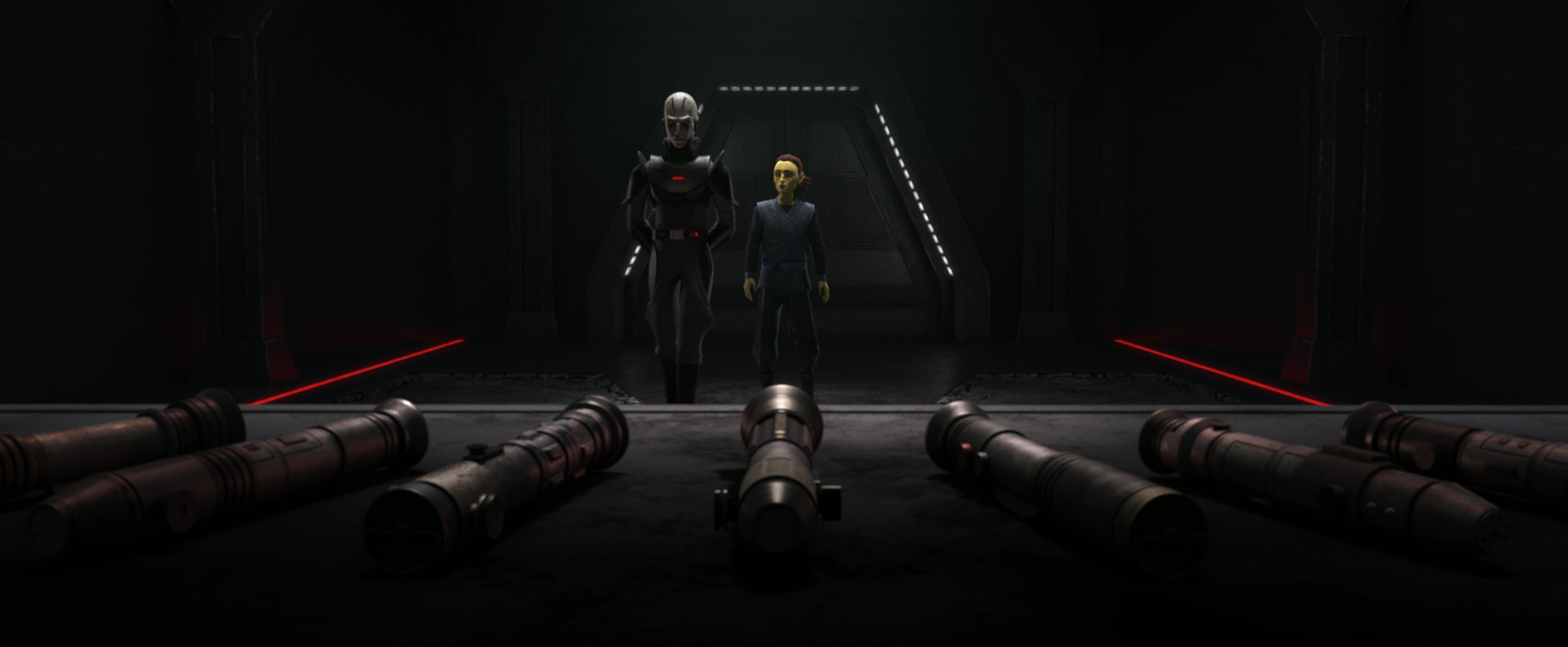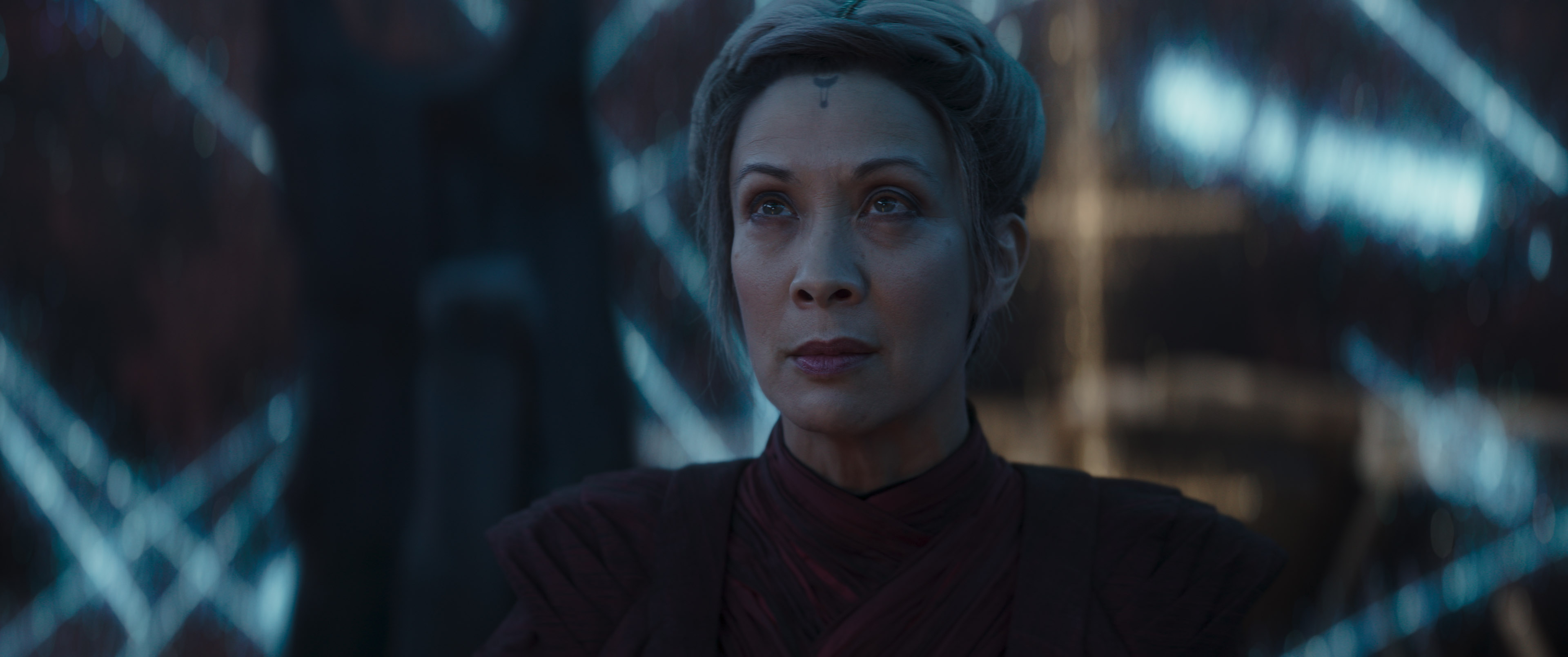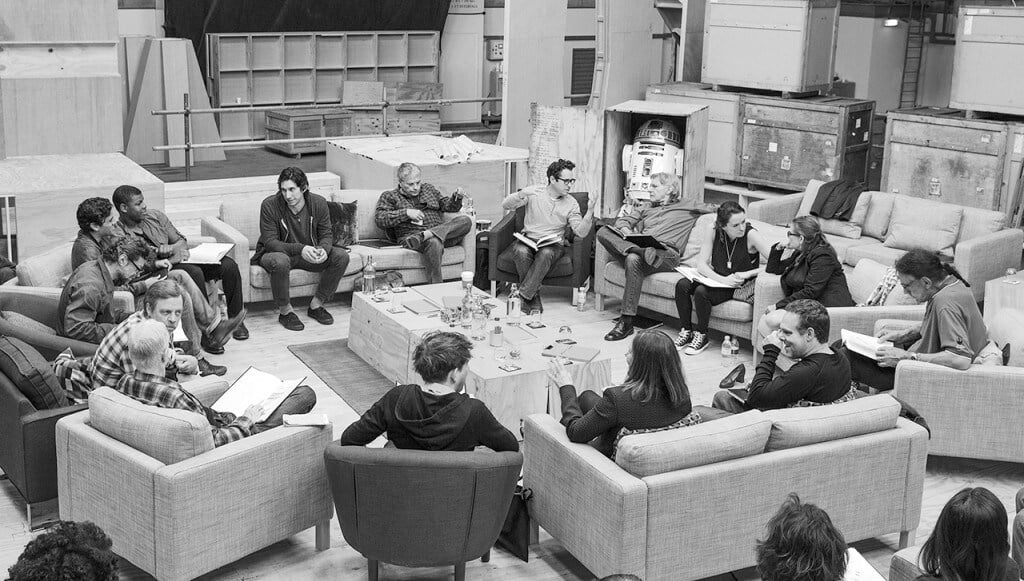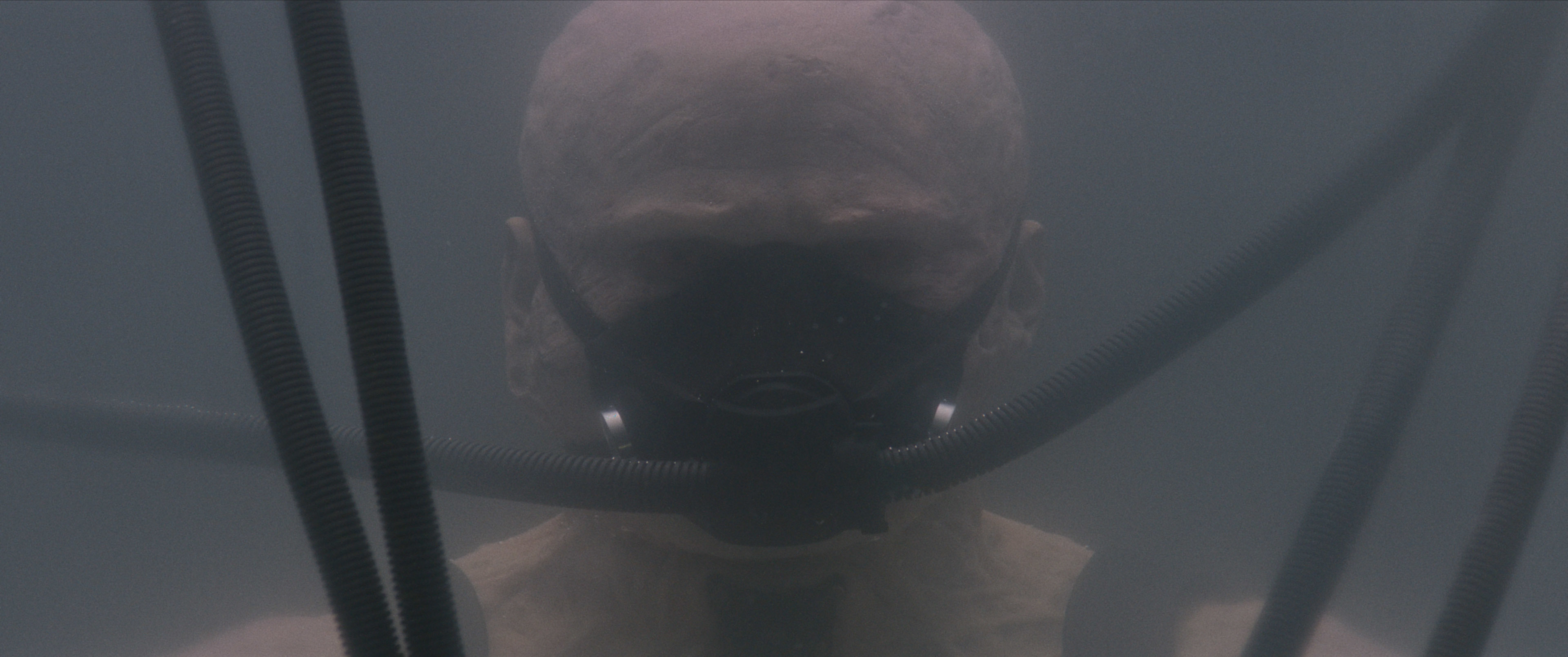VFX Artist Publicly Denounces Marvel Studios for Unbearable Work Conditions, Calls for Unionization
It’s probably safe to say that the vast majority of us, movie fans, enjoy the content that Marvel Studios consistently puts out. We may criticize it, but overall, they are the standard everyone else is trying to reach in the industry, and for good reason.
Phases 1 and 2 of the MCU placed the company as Disney’s darling in a pre-Force Awakens world, and in Phase 3, they just soared. They elevated to heights that not many people thought possible, and they delivered the biggest movie of all time in Avengers: Endgame (at least for about a year, before Avatar took that spot back). Phase 4 has not been as consistent, according to many fans, but they are still putting out box office hits and projects that are overall well received among critics and fans — some franchises out there would kill to get Love and Thunder‘s 66% Rotten Tomatoes rating in their fourth installment. And then, Kevin Feige gets up on stage at San Diego Comic-Con and lays out the roadmap for the next few years, and we all cheer. Well, apparently, not all of us.
In a new explosive, anonymous op-ed published by Vulture, a VFX artist walked us through the process that is working for Marvel Studios. And it is not a pretty picture. Most of us are amazed at Kevin Feige for being able to work on so many projects at once, and still deliver one success after another — as it turns out, the people that are suffering the most are the low-level workers trying to keep their jobs by working many hours of overtime, seven days a week, for many months in a row. “I’ve had co-workers sit next to me, break down, and start crying. I’ve had people having anxiety attacks on the phone,” said the writer.
According to the article, Marvel Studios is essentially bullying visual effects houses — they need the work to survive, and Marvel knows it. For that reason, they underpay them, they make them work twice as much as other studios do, and are constantly changing their mind on what they want for the final product, which means that the artists have to work on multiple different scenarios throughout the process. The artist wrote:
“Part of the problem comes from the MCU itself — just the sheer number of movies it has. It sets dates, and it’s very inflexible on those dates; yet it’s quite willing to do reshoots and big changes very close to the dates without shifting them up or down. This is not a new dynamic.”
It’s especially interesting because this is a quality of the MCU we’ve praised in the past. But apparently, it comes at a cost of sweat and tears for hundreds of people around the world, who need to work on these movies for over 60 hours a week. The MCU having so many projects means that the visual effects houses will have a loyal client that they need to keep happy so they can keep the lights on. After all, the MCU is now putting out as many shows and movies in a calendar year, as the next five to ten major franchises combined. But, according to the writer of this piece, Marvel will hold them accountable if they are not satisfied with the product, or even worse, can’t meet a deadline. If that is the case, Marvel Studios will effectively blacklist said visual effects company from ever working for them again.
Moreover, it seems like Marvel is more nitpicky with the visual effects than even we, as the audience, are. One of the major complaints of the past few years has been that the visual effects look incomplete for some of these movies — most recently, Thor: Love and Thunder has been widely criticized for it. One of the most memorable cases is the first Black Panther which, despite being nominated for Best Picture and receiving very high praises from critics and audiences alike, suffered from a sloppy third act in terms of visual effects. This is something that audiences did notice back in the day, and apparently, the artists that worked on the movie did too. The Vulture piece reads:
“The other issue is, when we’re in postproduction, we don’t have a director of photography involved. So we’re coming up with the shots a lot of the time. It causes a lot of incongruity. A good example of what happens in these scenarios is the battle scene at the end of ‘Black Panther’. The physics are completely off. Suddenly, the characters are jumping around, doing all these crazy moves like action figures in space. Suddenly, the camera is doing these motions that haven’t happened in the rest of the movie. It all looks a bit cartoony. It has broken the visual language of the film.”
This was already brought up by freelance artist Todd Perry in a very revealing piece by Inverse released earlier this year, that pulled back the curtain on the VFX industry and revealed that Hollywood needs systemic change. According to the writer of the Vulture piece, this change could be achieved by unionization, a move that would make sure “that the VFX houses can’t take bids without having to consider what the impacts would be.”
Another solution proposed by the piece, which is also very interesting, is that of training their directors on visual effects. Since most of them come from indie film backgrounds (just in Phase 4, look at Chloé Zhao, Destin Daniel Cretton, or even Jon Watts before Spider-Man: Homecoming), they are not familiar with the way things work when what you see on set is not what you get on the final product.
An additional solution, if we may add, is to not underpay VFX houses, so they can have more people working on their movies and they look better overall. Marvel Studios is famous for handing out almost blank checks to their main actors, and are willing to go after some of the biggest names in the industry (from Cate Blanchett to Christian Bale or Anthony Hopkins) just because they know they will get their investment back at the box office. Talent abounds in Hollywood, and Marvel is excellent at casting. So they might just consider capping off their actors’ salaries and increasing the budget for visual effects. Also, start shooting earlier. If Marvel is unwilling to change their release dates (something that is comforting for most audiences), just start shooting earlier so the visual effects artists have more time to get their shots ready.
This is not the first revealing piece that has come out on this topic this year (a post on r/VFX three months ago went viral, and probably caused this new op-ed), and hopefully, if more voices start to denounce this abusive behavior, we get some real change. Let’s also keep this in mind the next time we complain about She-Hulk’s look.
Miguel Fernández is a Spanish student that has movies as his second passion in life. His favorite movie of all time is The Lord of the Rings, but he is also a huge Star Wars fan. However, fantasy movies are not his only cup of tea, as authors like Scorsese, Fincher, Kubrick or Hitchcock have been an obsession for him since he started to understand the language of filmmaking. He is that guy who will watch a black and white movie, just because it is in black and white.

